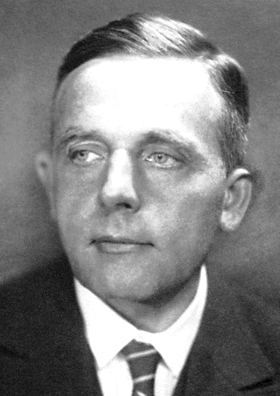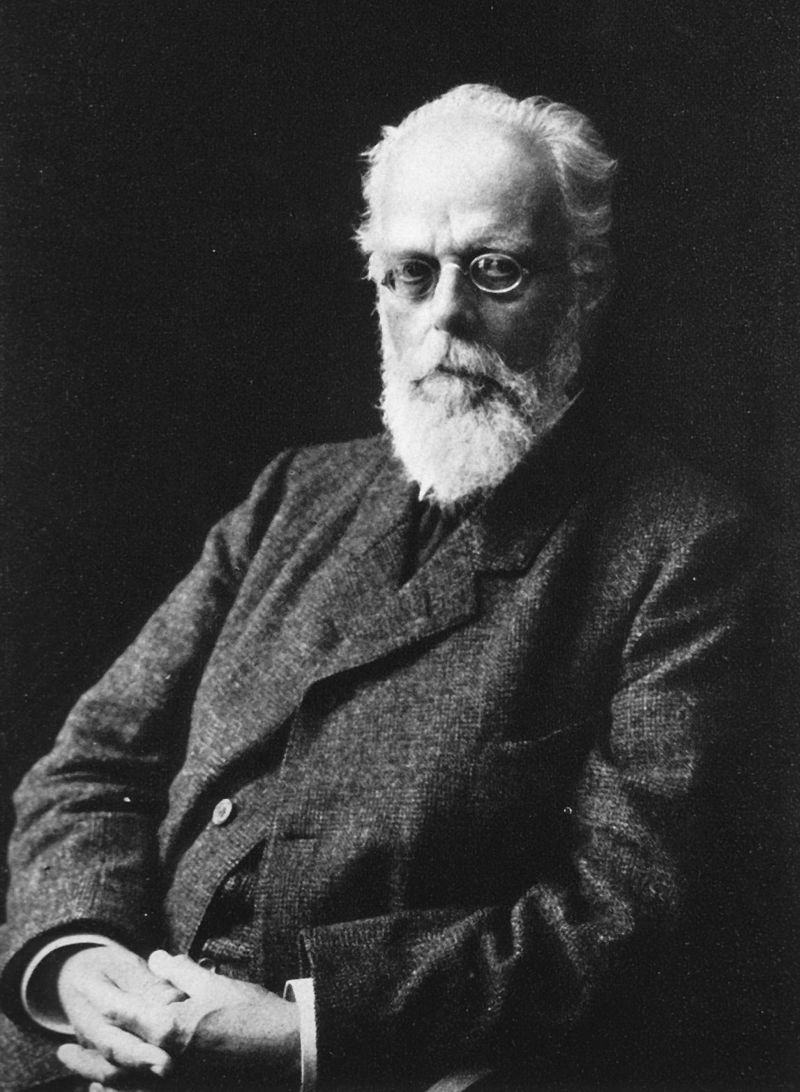Otto Warburg Quiz Questions
1. When did Otto Warburg win Nobel Prize for Medicine?
a) 1923
b) 1931
c) 1924
d) 1926
2. When was Otto Warburg born?
a) 5 February 1877
b) 1 May 1872
c) 8 October 1883
d) 3 August 1881
3. Where was Otto Warburg born?
a) Rostock
b) Essen
c) Potsdam
d) Freiburg im Breisgau
4. From which university did Otto Warburg get doctorate in chemistry?
a) Kiel
b) Berlin
c) Lubeck
d) Hamburg
5. From which university did Otto Warburg get doctorate in medicine?
a) Stuttgart
b) Ulm
c) Heidelberg
d) Dresden
6. What did Otto Warburg introduce for studying the rates at which slices of living tissue take up oxygen?
a) Manometry
b) Trigonometry
c) Gyroscope
d) Periscope
7. Of which institute was Otto Warburg head from 1931?
a) Dartmouth Medical School
b) Kaiser Wilhelm Institute for Cell Physiology
c) Rockefeller Institute
d) St. Mary’s Hospital Medical School
8. For what did Otto Warburg win Nobel Prize for Medicine?
a) Research on cellular respiration
b) Establishing the neuron as the basic unit of nervous system
c) Work on the physiology of digestion
d) Small pox research
9. When did Otto Warburg die?
a) 4 March 1968
b) 20 May 1967
c) 1 August 1970
d) 17 October 1974
10. Where did Otto Warburg die?
a) Berlin
b) Frankfurt am Main
c) Dresden
d) Regensburg
Otto Warburg Quiz Answers
1. When did Otto Warburg win Nobel Prize for Medicine?
b) 1931
2. When was Otto Warburg born?
c) 8 October 1883
3. Where was Otto Warburg born?
d) Freiburg im Breisgau
4. From which university did Otto Warburg get doctorate in chemistry?
b) Berlin
5. From which university did Otto Warburg get doctorate in medicine?
c) Heidelberg
6. What did Otto Warburg introduce for studying the rates at which slices of living tissue take up oxygen?
a) Manometry
7. Of which institute was Otto Warburg head from 1931?
b) Kaiser Wilhelm Institute for Cell Physiology
8. For what did Otto Warburg win Nobel Prize for Medicine?
a) Research on cellular respiration
9. When did Otto Warburg die?
c) 1 August 1970
10. Where did Otto Warburg die?
a) Berlin







